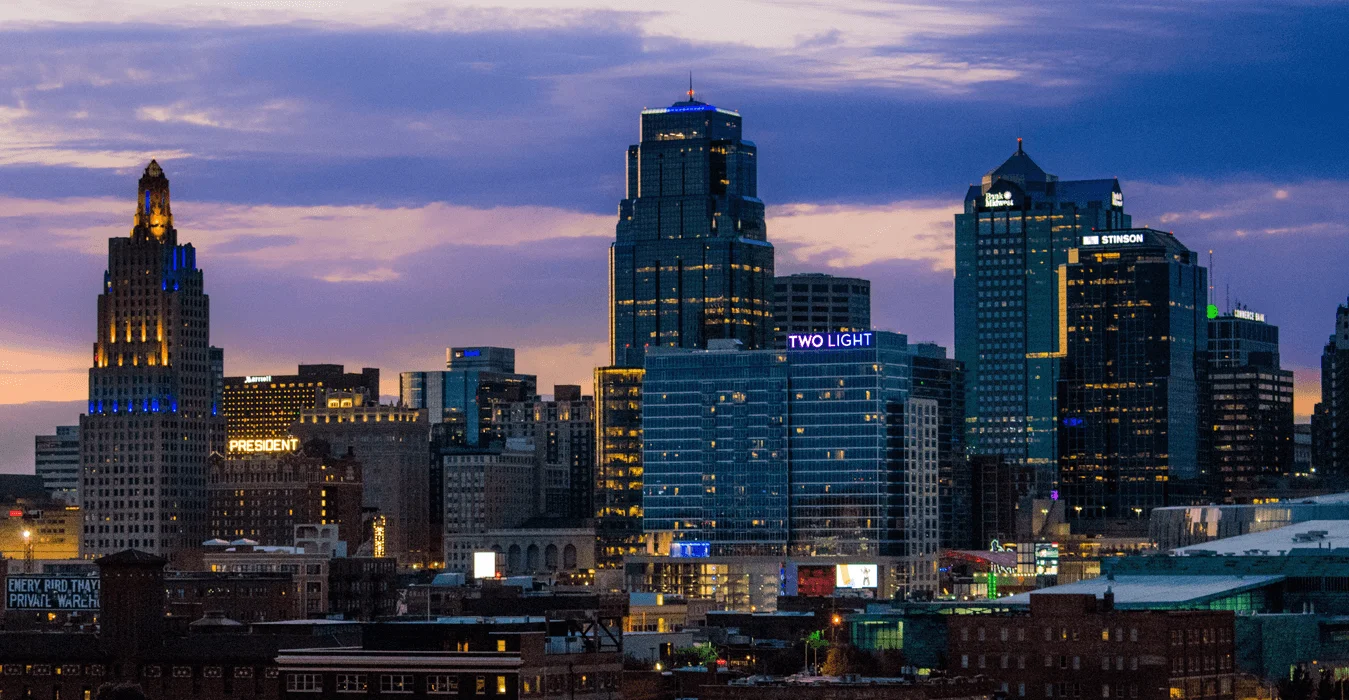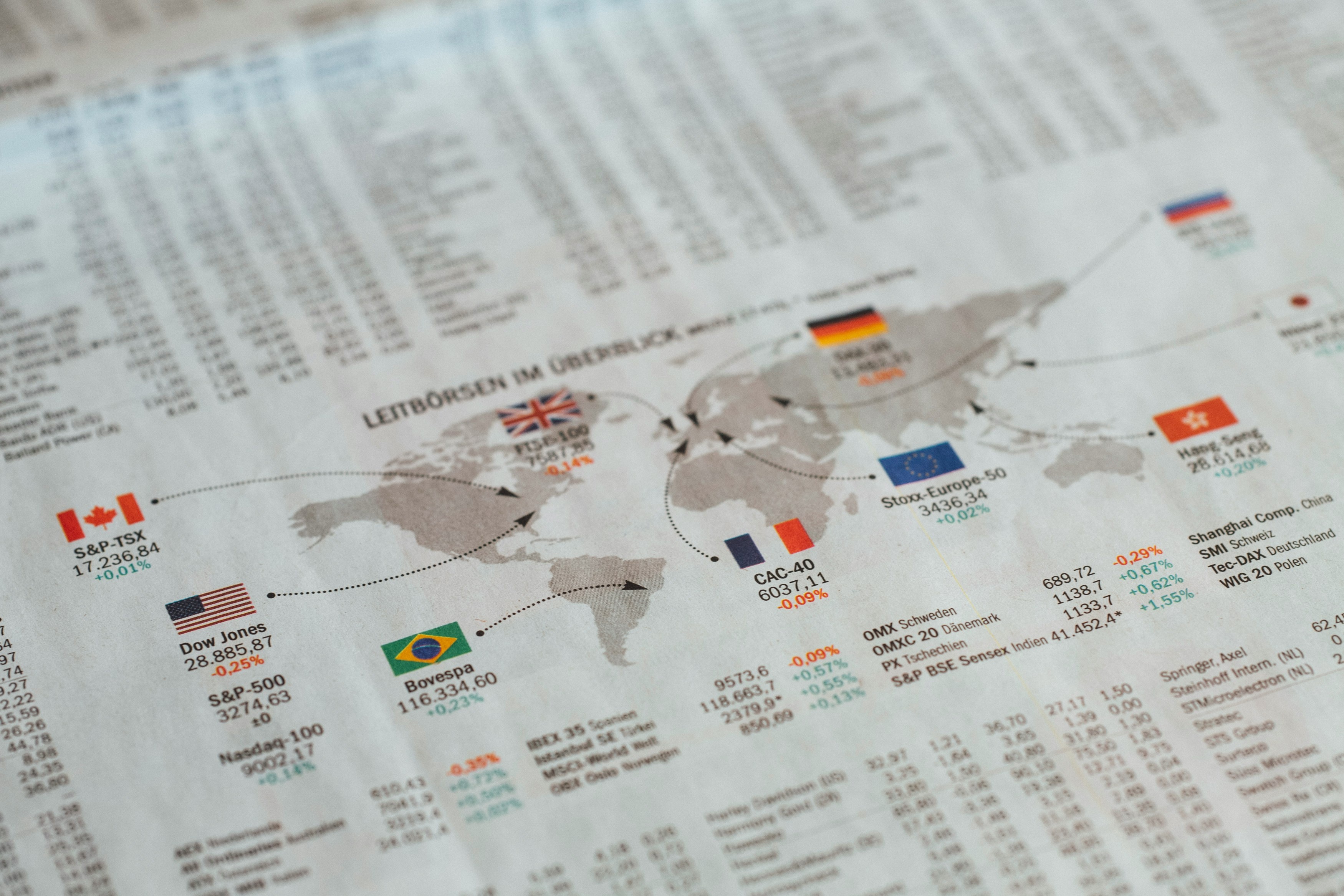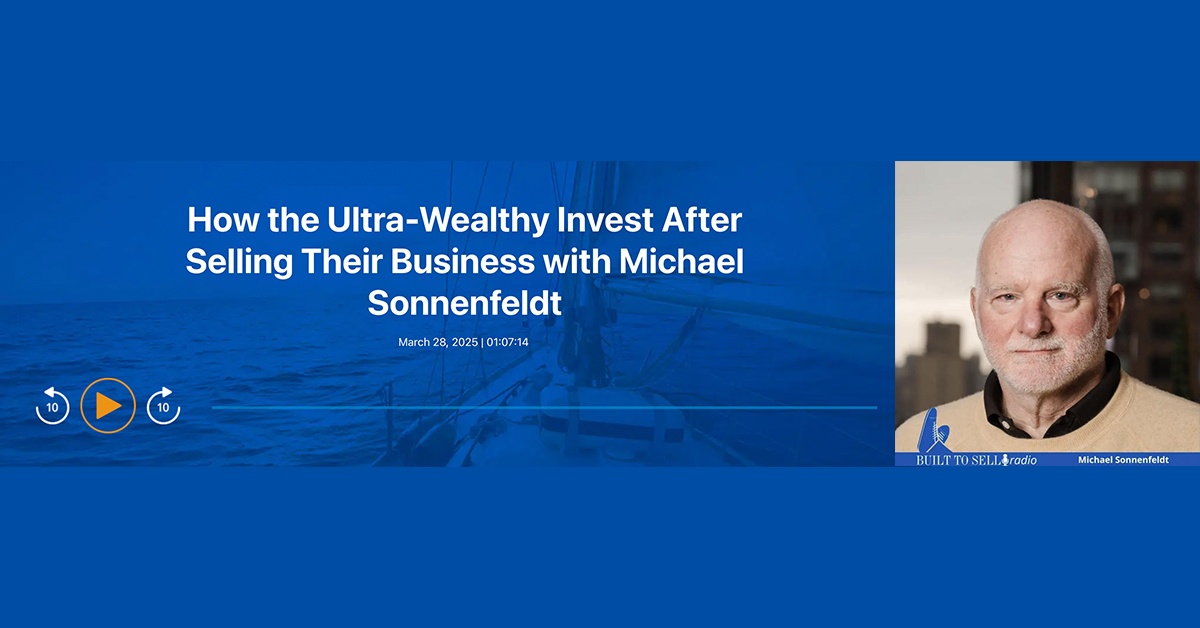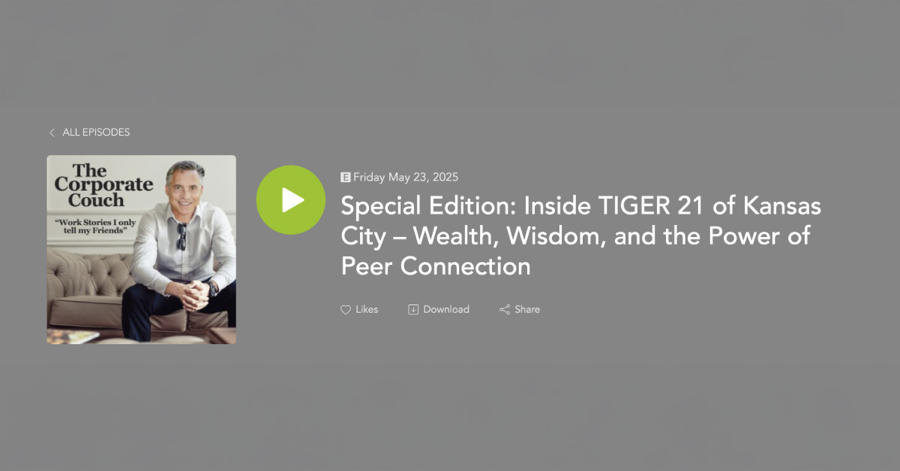GEORGE SOROS FEATURED GUEST AT TIGER 21 HEADLINER LUNCHEON
Contact: John Garger 212-262-7484 jgargernyc@aol.comAllan Ripp 212-262-7477 arippnyc@aol.com
George Soros Featured Guest at TIGER 21 Headliner LuncheonWorld Renowned Investor and philanthropist interviewed by Institute for New Economic ThinkingExecutive Director Robert Johnson; Comments on members’ 2012 predictions
New York, NY (February 8, 2012) ‚Äì Members of TIGER 21, the leading peer-to-peer learning network for highnet worth investors in North America, had a treat recently when renowned investor and philanthropist George Soroswas the featured presenter at the group’s December all-member luncheon.
Soros was interviewed by Robert Johnson, executive director of the Institute for New Economic Thinking, ofwhich Soros is a founding sponsor. The wide-ranging discussion focused largely on the economy and responses to thepast and current financial crisis both in the US and in Europe, but also touched upon the needs of developing nations;the political divide in the US; and China’s influence on the world economy. The session ended with Soros commentingon some members’ predictions for what is in store for 2012.
TIGER 21 founder and chairman Michael Sonnenfeldt introduced Soros by saying, “Since TIGER 21’s inceptionin 1999, we have strived to create an intellectually stimulating environment. One component of this is our HeadlinerLuncheons at which we’ve had many world-class investors join us. George’s reputation and investment acumen areunrivaled in the world and we are pleased that he agreed to appear at TIGER 21.”
Johnson began the discussion by noting that wealth preservation is a formidable task, especially at this time whenanxiety and uncertainly underpins the economic environment. He referenced Soros’ often used phrase “Far fromequilibrium conditions” as it pertains to current economic situation:
“After crisis of 2008, many people thought we were going back to business as usual. But at this junction it does notappear that we are going back to equilibrium and the state of disequilibrium has many facets.”
Soros responded that he was not going to cheer anyone up with what he had to say. “The way I see it, this is about asserious and difficult an environment as I have experienced in my career,” he cautioned.
Soros explained that the current financial crisis is a direct outgrowth of the financial crisis of 2008. “In 2008, whenLehman went bankrupt, the financial system did collapse. The week between Lehman filing and the announcement ofTARP were memorable days where one market after another ceased to function. ”
Now the viability of sovereign debt is in question. This came to a head in Europe because the Euro has some flaws in itsconstruction that are being exposed. However, he pointed out that the Euro crisis is not a currency crisis, but rather abanking crisis.
Soros underscored that he sees the current crisis as more severe and more lasting than the crisis in 2008.
Differences between 2008 and now
In 2008, we had the institutions that were needed to bring the situation under control, Soros said. In the case ofEurope today – there is a central bank but no treasury. It needs to be created to address the current crisis.
“When the Euro was introduced everyone knew that the treasury was missing, but there was no political will to havea fiscal union ‚Äì the leaders thought that when the time came they would have the political will to put it in place.However, there is less political will today than there was in the 1990s,” Soros said.
“Therefore the authorities have no solution and they are trying to buy time. Buying time usually works — becauseyou calm markets and money that you put to work to save the market actually turns a profit. But in this case it is notworking because the crisis is getting bigger and bigger, and the authorities are doing what it takes to keep thingstogether, but never more. So you actually need a continuing crisis to make what is politically impossible, possible.”
Is it inflation or deflation?Soros explained that there is a fear of inflation because of the tremendous amounts of currency being printed. Butin reality we have deflation, although people are acting on the basis of inflation. This is particularly strong in Europeand especially Germany – which had very traumatic experiences of runaway inflation in the ‘20s and at end of WorldWar II. Because Germany is spooked by a fear of inflation, the Bundesbank has an asymmetric view that the centralbank should only guard against inflation. And this is reflected in the statutes that established the European CentralBank. So it is not acting on deflation, which is why the current crisis is so unsolvable.
On the possibility of Chinese rescue of Europe:China might not rescue Europe but it has an interest in keeping the Euro alive so that there is an alternative to the USdollar.
He also commented that by controlling their own currency, China is controlling the exchange rates of all currencies.Where the Euro is versus the dollar is up to the Chinese.
Advice for Prudent InvestorOn what investments the prudent investor should be considering over the next twelve months, Soros did not hesitateto suggest cash, agreeing with a sentiment felt by many investors in the room that while the “risk-free ” rate used tobe 2 percent, it is now -2 percent. Soros attributed this to the phenomenon of fiscal repression.
Mistake to reduce entitlementsCommenting on a report that the US budget deficit is driven by 80% excess entitlements and 20% under-taxation,Soros agreed in the general idea of the make-up of the deficit, but said that reducing entitlements in the currentenvironment would be a mistake. “The desire to eliminate budget deficits at a time of insufficient demand anddeflation is absolutely the wrong policy to follow,” argued Soros.
Ahead for 2012In a round of “Agree or Disagree,” Sonnenfeldt asked Soros to react to several predictions for 2012 that individualTIGER 21 members forecast. Soros was asked to indicate whether he agreed with the predictions or might reject themoutright. Among the predictions:
- That cracks in the Eurozone will result in at least one or more countries leaving the economicand monetary union within the year. While not fully committing to agree with this statement, he said itwas not very far from impossible. However, he indicated that in the case of Greece, default is more than a 50%probability.
- Collapse of Chinese market. Soros rejected this idea, but pointed out that the housing bubble in China hasbeen pricked, partly as a result of the effects of the financial crisis here spreading to China.
- Former MF Global Chief Executive John Corzine goes to jail under Sarbanes Oxley. A realpossibility according to Soros.
- Attack on Iran ‚Äì either by the US or Israel. While an outside attack on Iran was very unlikely, accordingto Soros, he does think that the country’s present regime is not going to last the year.
- Gold reaches $2,000/ounce and rises. Soros does not think gold will reach $2,000. He said that goldis the ultimate bubble, which means it’s price can go in either direction. It was the ultimate safe haven, butfunds had to sell their positions in gold to cover some loses in the stock market. On the other hand, Soros alsocommented that he does not expect gold to retreat much and that $1,000/ounce was not probable either.
- That there will be rioting in some American cities because of the polarization of the top 1 percentand the rest of the population. On this Soros said that rioting is already happening in the US, but it is notgetting much media coverage.
- On the chances that President Obama is re-elected. Soros hedged his response, saying it depends onwho the Republican opponent is ‚Äì which at this point does not seem to be an impediment to Obama’s reelection.”Obama has a slightly better chance than most people because of the totally unacceptable character of theopposition,” Soros said.
- Unemployment falling below 7 ¬Ω percent in US. Soros does not expect employment numbers to grow,but also noted that expiring unemployment benefits will push down the overall unemployment rate.
Soros’s parting comments echoed an investing philosophy that most TIGER 21 members subscribe to. He said,”At times like this is it more important to survive than to get rich.” This parallels many members’ goals of wealthpreservation. Soros continued, “Since there are not many productive uses of money right now, it is time to take thelong-view.” Two potential plays Soros suggested: Think of undervalued stocks that will survive over long-term, andput the rest in cash.
Please contact Harley Frank, Director of Membership at harley.frank@tiger21.com or call 212-584-0222 for furtherinformation.
About TIGER 21:TIGER 21 (The Investment Group for Enhanced Results in the 21st Century) is North America’s premier peer-to-peerlearning network for high net worth investors. TIGER 21 has 193 Members who collectively manage over $18 billionin investable assets and have been entrepreneurs, inventors and top executives. TIGER 21 focuses on improvinginvestment acumen as well as exploring common issues of wealth preservation, estate planning and family dynamicsbeyond finance. Founded in 1999, TIGER 21 is headquartered in New York City and has groups in New York, LosAngeles, San Francisco, San Diego, Miami, Washington, DC, and Dallas, as well as Canadian groups in Vancouver,Toronto, Calgary and Montreal. More information can be found at www.tiger21.com.
About TIGER 21
TIGER 21 is an exclusive global community of ultra-high-net-worth entrepreneurs, investors, and executives.
Explore the TIGER 21 Member Experience







